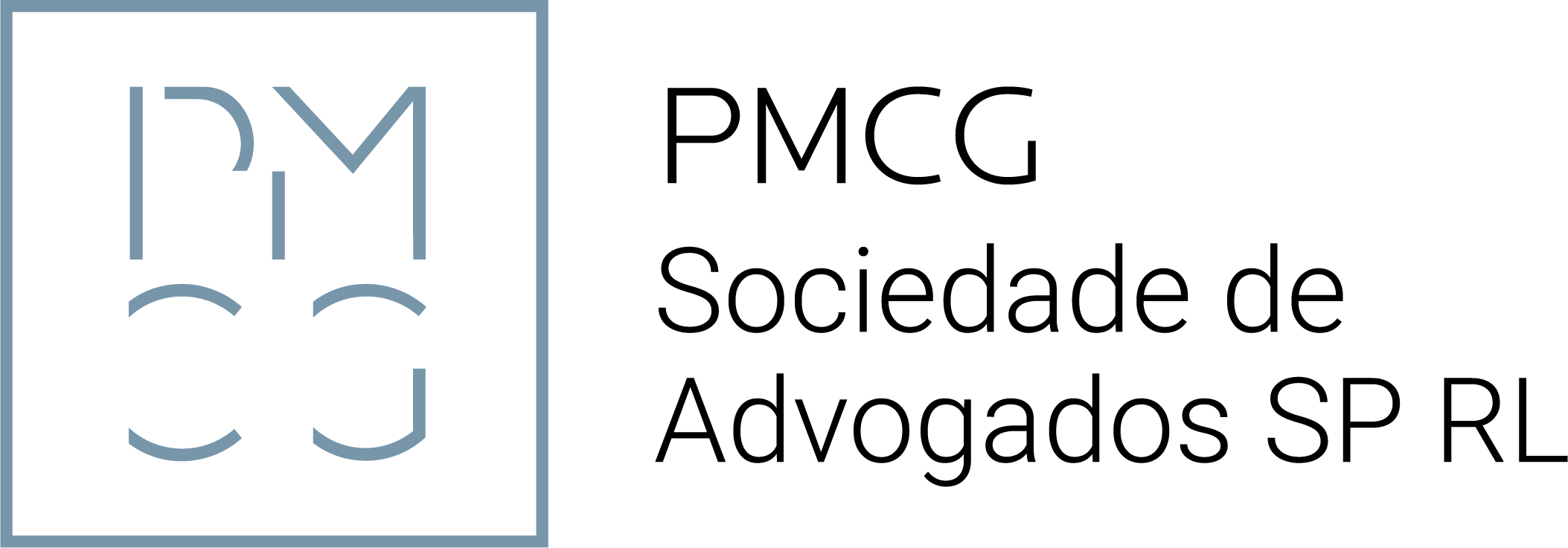
What is “proof of use” in IP law?
In intellectual property (IP) law, proof of use refers to evidence or documentation that demonstrates the actual use or exploitation of an intellectual property right, such as a trademark, patent, or copyright. It serves to substantiate that the IP right is being actively used in commerce or that it has been effectively enforced.
Is proof of use required for the maintenance of IP rights?
The specific requirements and purposes of proof of use can vary depending on the type of IP right involved. Here’s a breakdown of proof of use in different areas of IP law:
- Trademarks: Proof of use for trademarks typically involves demonstrating the commercial use of the mark in connection with the goods or services for which it is registered. This can include providing evidence such as sales records, invoices, advertising materials, packaging, and other relevant documentation that shows the mark’s use in the marketplace.
- Patents: In the context of patents, proof of use may refer to demonstrating the practical application or utilization of the patented invention. This can involve providing evidence of commercial production, sales, or licensing of products or services incorporating the patented technology.
- Copyrights: Proof of use in copyright law is less common since copyright protection arises automatically upon the creation of an original work. However, in cases of infringement disputes or litigation, the copyright owner may need to provide evidence of publication, distribution, or licensing agreements to establish their rights and the unauthorized use of their copyrighted work.
- Industrial Designs: Proof of use for industrial designs typically involves showing the actual application or commercialization of the design in products or articles. This can include providing evidence of manufacturing, sales, or market presence of products incorporating the protected design.
- The requirement of proof of use for the maintenance of intellectual property (IP) rights depends on the specific type of IP right and the laws of the jurisdiction in which the IP is registered. Here are some general considerations regarding proof of use for the maintenance of IP rights:
- Trademarks: In many jurisdictions, including the United States, proof of use is often required for the maintenance of trademark registrations. Trademark owners are typically required to submit proof of use periodically, such as through filing a declaration of use or submitting specimens of use, to demonstrate that the mark is still being used in commerce. Failure to provide proof of use can lead to the cancellation or non-renewal of the trademark registration.
- Patents: Proof of use is generally not required for the maintenance of patent rights. Once a patent is granted, maintenance fees or annuity payments are usually required to keep the patent in force. The payment of these fees is typically unrelated to the actual use of the patented invention.
- Copyrights: Proof of use is not generally required for the maintenance of copyright rights. Copyright protection is automatic upon the creation of an original work and typically does not require ongoing maintenance or renewal. However, it’s important to note that copyright registration requirements may vary between jurisdictions, and in some cases, registration may be necessary for certain benefits or enforcement actions.
- Industrial Designs: The requirement for proof of use in the maintenance of industrial design rights can vary between jurisdictions. Some countries may require evidence of commercial use or exploitation of the design to maintain the registration, while others may not have specific proof of use requirements.
Here are a few examples of disputed cases where the lack of proof of use has been raised as an issue:
- Opposition Proceedings: In trademark opposition proceedings, a party may challenge the registration of a trademark by claiming prior rights or alleging that the mark lacks distinctiveness. Lack of proof of use can be raised as an argument to challenge the validity of the opposed mark. The opponent may argue that the registered mark has not been genuinely used in commerce for the goods or services covered by the registration.
- Cancellation Actions: In some jurisdictions, trademark registrations can be subject to cancellation or revocation if the mark has not been put to genuine use in commerce for a continuous period of time. A third party can initiate a cancellation action based on non-use, and lack of proof of use can be raised as evidence to support the claim of non-use.
- Trademark Infringement Litigation: In trademark infringement cases, the alleged infringer may challenge the validity or enforceability of the registered trademark by asserting that the mark has not been used in commerce. Lack of proof of use can be raised as a defense to argue that the trademark owner has not actively used the mark in connection with the claimed goods or services, thus weakening their rights to enforce the mark against alleged infringing activities.
- Customs Seizure Proceedings: In cases involving counterfeit goods or parallel imports, customs authorities may seize products at the border if they infringe registered trademarks. Lack of proof of use can be raised by the alleged infringer as a defense to challenge the validity or enforceability of the registered mark, claiming that the trademark owner has not effectively used the mark in commerce.
Is proof of use required for a trademark register to be maintained?
In Portugal, as in most jurisdictions, proof of use of a trademark is generally not required for the initial registration of a trademark. Portugal follows the “first-to-file” principle, which means that the first person or entity to file a trademark application is generally entitled to the registration, regardless of whether the trademark is being used in commerce.
Once a trademark is registered, it is generally valid for a specified period, typically 10 years, as long as the necessary renewal fees are paid within the required timeframe. The registration can be renewed indefinitely as long as the renewal fees are paid within the designated periods.
However, it’s important to note that while proof of use may not be required for maintenance purposes, it can become relevant in certain situations, such as opposition or invalidation proceedings. During these proceedings, a third party may challenge the validity or enforceability of the trademark based on non-use or lack of genuine use in commerce. In such cases, the trademark owner may be required to provide proof of use to demonstrate that the mark is being used in connection
Here are a few instances:
- Opposition proceedings: If someone opposes your trademark application based on prior rights, they may request proof of use of their earlier trademark in Portugal. This typically occurs during the opposition period, which allows interested parties to challenge the registration of a trademark.
- Invalidity proceedings: If someone seeks to invalidate your registered trademark on the grounds of non-use, they may request proof of use to demonstrate that your trademark has been genuinely used in Portugal within the relevant period. Non-use is generally considered as a ground for invalidating a trademark if it has not been put to genuine use in the market for a continuous period of five years after its registration.
In Portuguese IP law, proof of use is not typically required for the initial registration of a trademark. However, it becomes relevant in certain situations, particularly in opposition or cancellation proceedings where the validity or enforceability of a registered trademark is challenged based on non-use.
Under Portuguese law, a trademark registration can be subject to cancellation if, within a continuous period of five years following its registration, the trademark has not been put to genuine use in the Portuguese market for the goods or services covered by the registration, or if such use has been suspended for an uninterrupted period of five years.
To prove genuine use of a trademark in Portugal, the trademark owner may need to provide evidence that demonstrates the actual commercial use of the mark in connection with the goods or services covered by the registration. This evidence typically includes:
- Sales records: Invoices, sales receipts, or other documents that show the commercial transactions involving products or services bearing the trademark.
- Advertising and marketing materials: Brochures, catalogs, advertisements, or promotional materials that feature the trademark and are targeted at consumers in Portugal.
- Packaging and labeling: Examples of the trademark appearing on product packaging or labels used in the Portuguese market.
- Distribution channels: Documentation showing the distribution or availability of products or services bearing the trademark in the Portuguese market.
It’s important to note that proof of use requirements and specific procedures may vary depending on the circumstances and the applicable laws and regulations. It’s always advisable to consult with a qualified intellectual property attorney in Portugal for precise guidance on the registration process and any proof of use requirements that may apply in your case.




